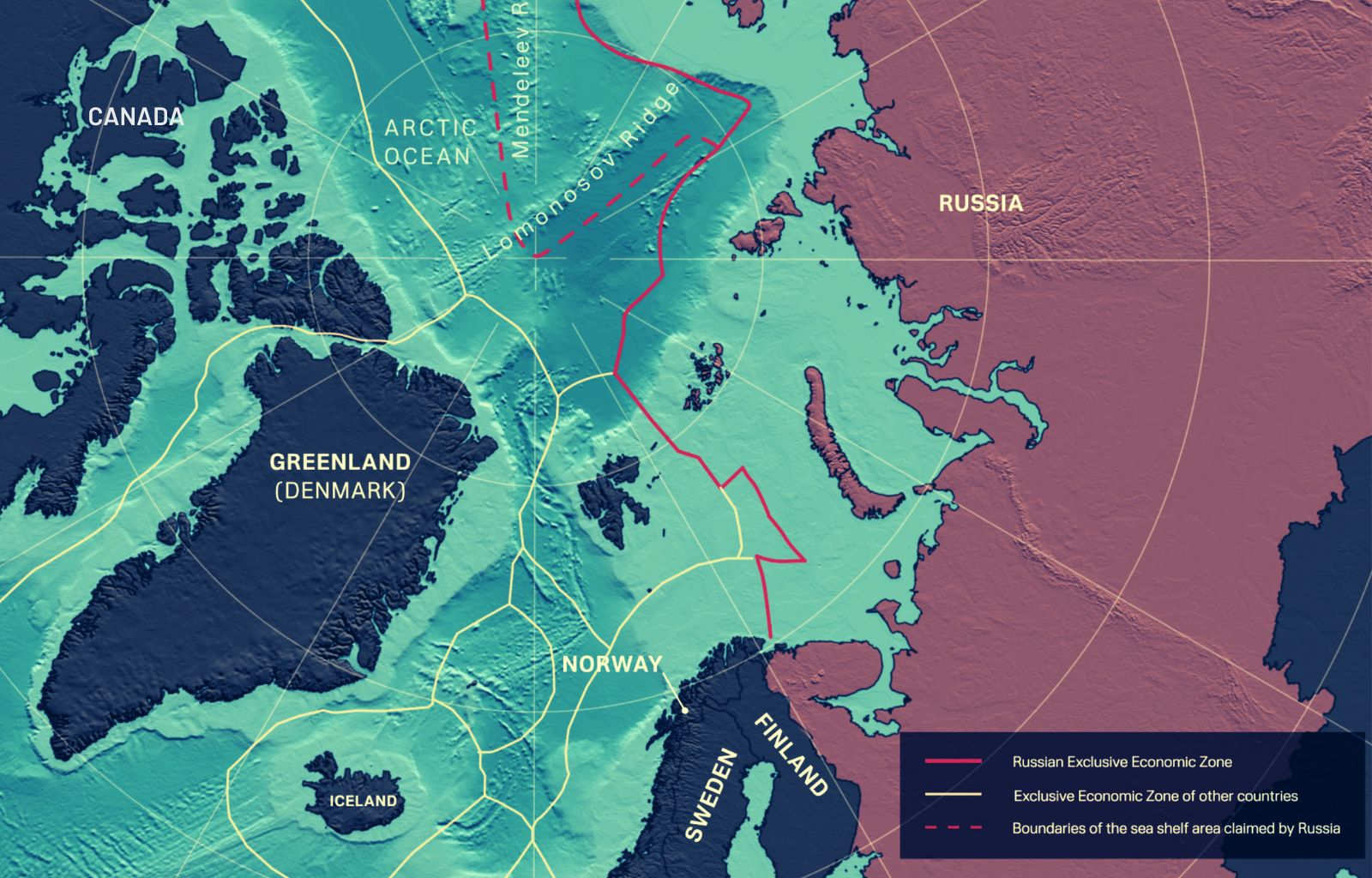EU on the hunt for US talent, will it work?

The European Union is preparing to launch an offensive to attract researchers from the United States in response to recent cuts in research funding by the US government. Twelve European governments have urged the European Commission to develop a coordinated plan to welcome scholars who may face difficulties overseas, underlining the urgency of concrete action to strengthen the continent’s scientific competitiveness.
A strategic move for European research
The initiative, promoted by countries such as France, Germany and Spain, aims to turn Europe into a magnet for the best brains by offering specific incentives such as dedicated funding, immigration facilities and strategic partnerships with other scientifically advanced countries. This strategy reflects a growing awareness: in an era when research is increasingly global and interconnected, the ability to attract talent is an essential lever for innovation and economic competitiveness.
The call for a summit between EU research ministers in the coming weeks underlines the urgency of the issue. Philippe Baptiste, the French research minister, stated that Europe must be prepared to accommodate anyone whose work is hampered by political interference or funding cuts in the US.
Opportunities and challenges
The idea of a more science-friendly Europe reflects a vision of openness and progress, but there is no shortage of obstacles. The EU is often perceived as less competitive than the US in attracting researchers, penalised by bureaucracy, lower salaries and a fragmented research system. To make this strategy credible, European governments will have to address structural problems that discourage the permanent establishment of talent.
There is also a risk that the initiative appears opportunistic, more related to crises in other countries than a real strategic investment. The attraction of researchers should be based on an ongoing commitment to strengthening the scientific infrastructure and ensuring a sound and sustainable environment.
Some universities are already taking action. The Free University Brussels (VUB) has opened twelve positions for international scholars, with a focus on US researchers.Aix-Marseille University has launched the ‘Safe Space for Science‘ programme, with those in the US feeling restricted or under pressure in mind.
These are signs of European academia trying to present itself as a credible alternative to American research. But for the strategy to really work, a long-term vision is needed to turn Europe into a global scientific hub, not just a temporary refuge.
Can Europe really become a global science hub?
The ambition to attract talent from the United States is a clear signal of the European Union’s desire to strengthen its presence in the global scientific landscape. But the success of this initiative will depend on the ability to turn it into a structural opportunity, not a temporary response.
Europe will only be able to aspire to a leading role if it can overcome the fragmentation of its research systems, invest continuously in universities and science centres, and build a competitive ecosystem that does not rely on the difficulties of others. For this reason, the debate on the attractiveness of the EU for researchers cannot stop at the urgency of the moment, but must open a broader reflection on the future of science in Europe.












